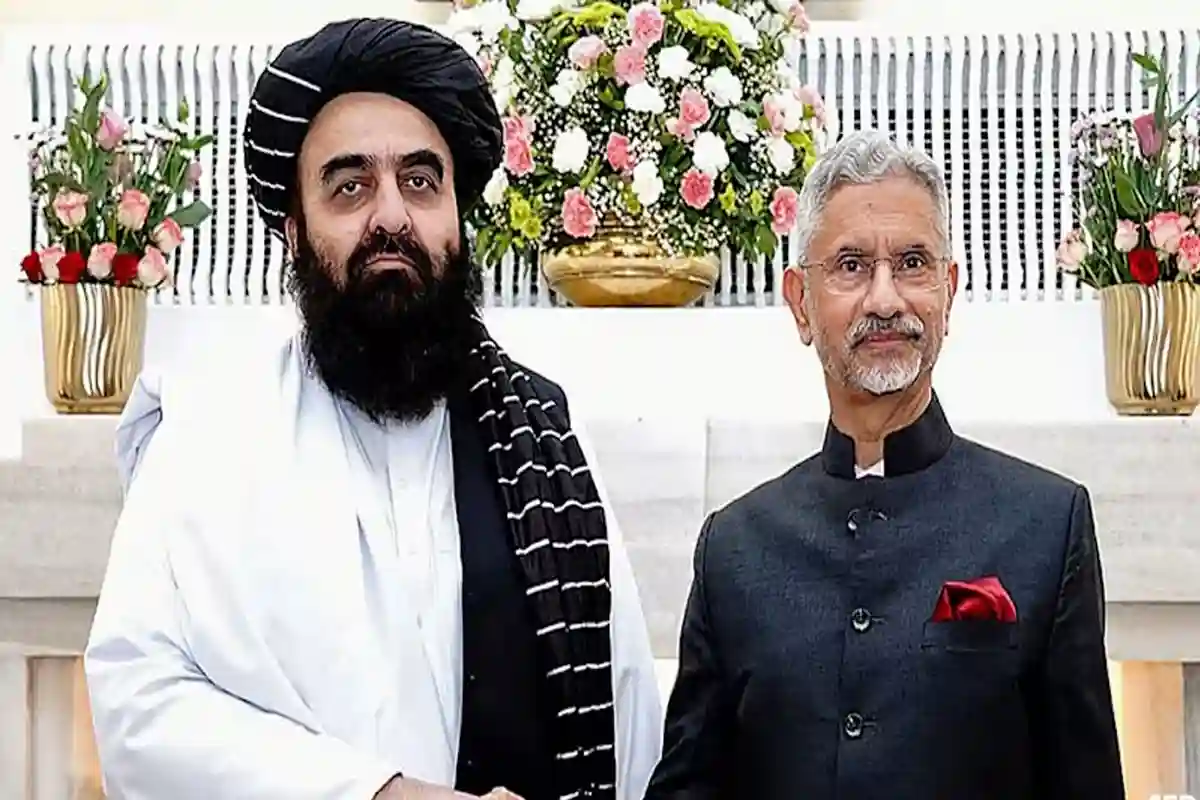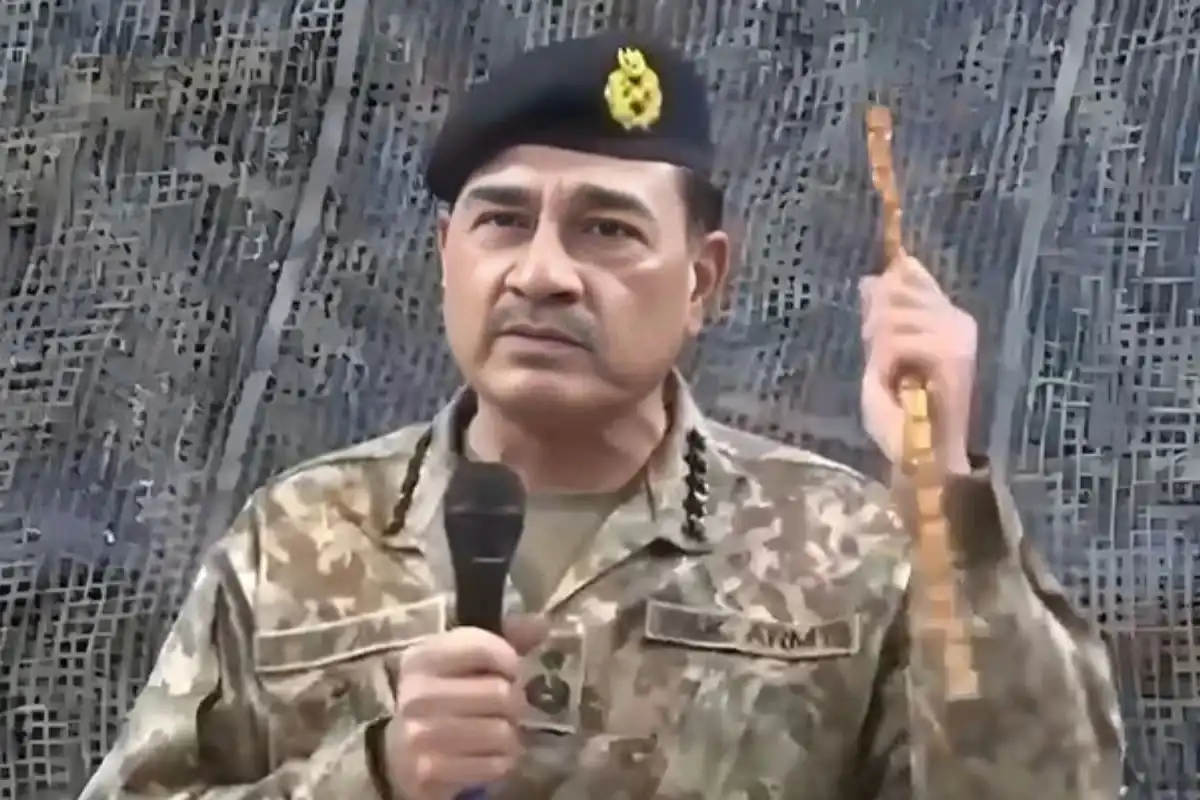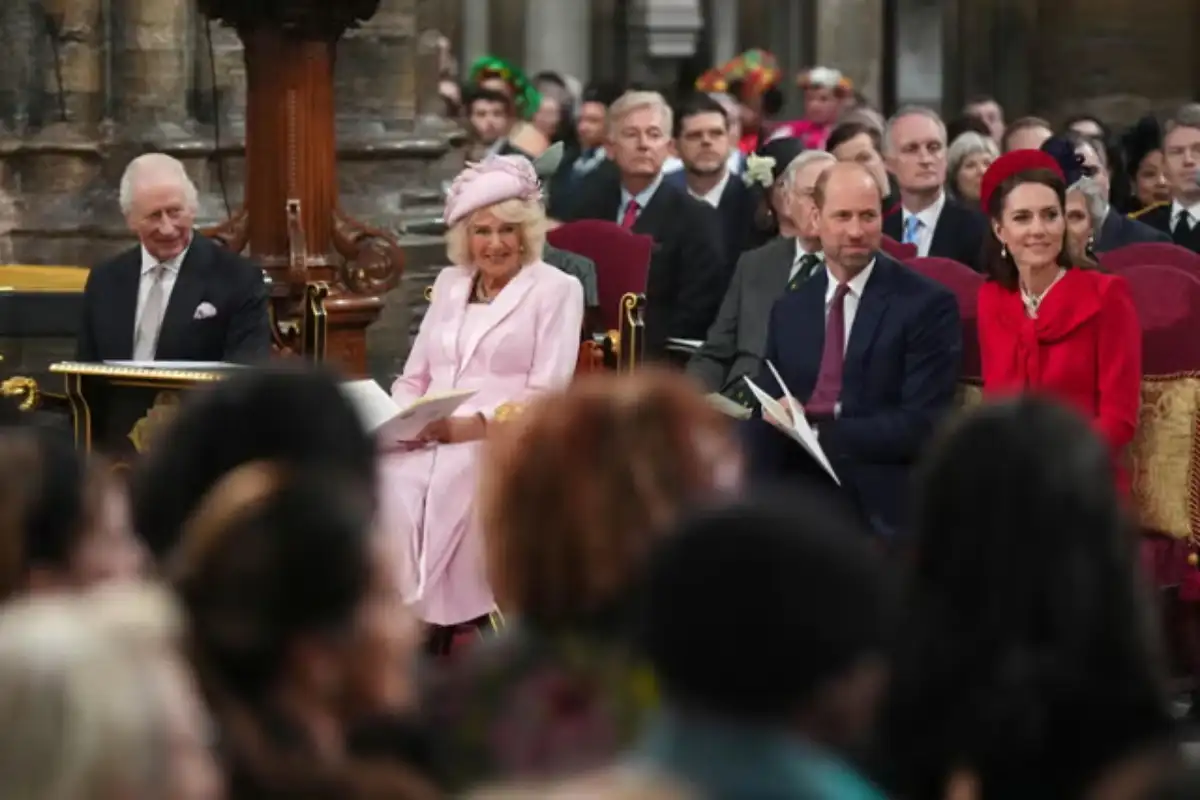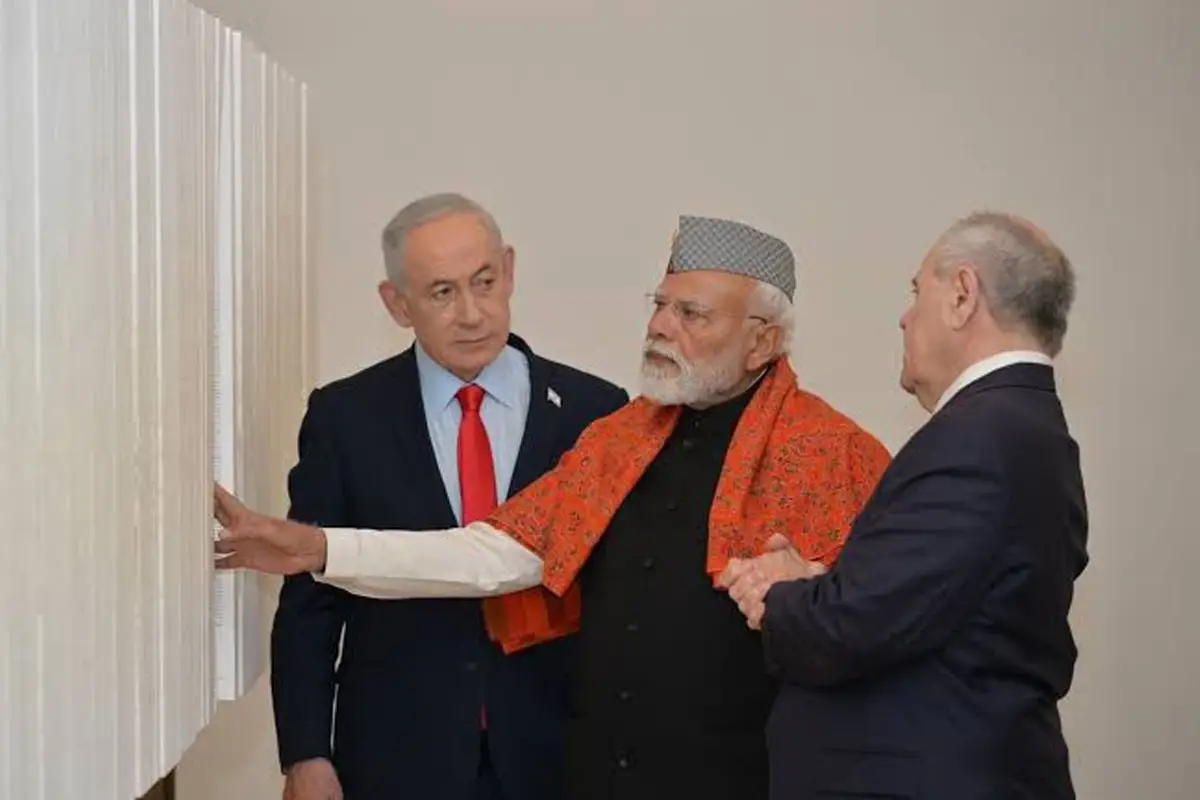Taliban’s Sudden Love for India Exposes Double Standards and Strategic Confusion

India Faces Backlash for Supporting Afghan Taliban Regime
In a surprising diplomatic shift, Afghanistan’s Taliban leadership has begun warming up to India — the same country they once labelled an “idol-worshipping” enemy. For two decades, the Taliban repeatedly accused India of supporting anti-Islam forces in Kabul and backed propaganda describing New Delhi as a hostile non-Muslim state. Yet today, senior Taliban ministers are travelling to India, seeking trade partnerships, investment opportunities, and access to Indian markets.
This change in tone is especially striking considering the Taliban’s past actions. The group famously destroyed the historic Bamiyan Buddhas, claiming they were symbols of an “un-Islamic” Hindu-Buddhist civilization. Now the same rulers are appealing to India — a global promoter of Hindu and Buddhist heritage — for economic assistance, reconstruction support, and diplomatic engagement.
The ideological shift exposes deeper contradictions. For years, the Taliban accused Afghanistan’s previous government of being “Indian agents” and portrayed Indian consulates as RAW hubs working against Afghan and Pakistani interests. But now the Emirate is relying heavily on India for wheat supplies, port access, and financial channels — highlighting a sharp U-turn driven by desperation rather than strategy.
Even more glaring is the Taliban’s inconsistency in dealing with Muslim neighbors. Despite frequently praising “Ummah unity,” the group has avoided addressing serious issues with Pakistan, such as TTP terrorism, border tensions, and refugee responsibilities. Instead of repairing its relationship with an immediate Muslim neighbor, the Taliban rushed to embrace a non-Muslim power for economic benefits and international legitimacy.
The contradictions continue on the global stage. The Taliban long condemned Western banking systems and foreign institutions as “un-Islamic,” yet they now expect India — a close ally of Western markets — to help open financial pathways and investments for the Afghan economy. Their rigid stance on Sharia at home sharply contrasts with their flexible, transactional diplomacy abroad.
Even on Kashmir — a topic the Taliban previously used for rhetoric — Afghan officials remain silent during visits to New Delhi, prioritizing trade over principles. And while the Taliban refuse to formally accept the internationally recognized Durand Line with Pakistan, they show no hesitation in respecting India’s political boundaries and sensitivities.
Ultimately, the Taliban’s diplomatic moves reveal a leadership driven less by ideology and more by short-term political survival. Their attempt to gain de facto recognition through repeated visits to a country that still does not recognize their rule exposes the Emirate’s political insecurity. The contrast is clear: harsh language and pressure for Muslim neighbors like Pakistan, but soft diplomacy and silence when standing in New Delhi.
Catch all the World News, Breaking News Event and Trending News Updates on GTV News
Join Our Whatsapp Channel GTV Whatsapp Official Channel to get the Daily News Update & Follow us on Google News.














